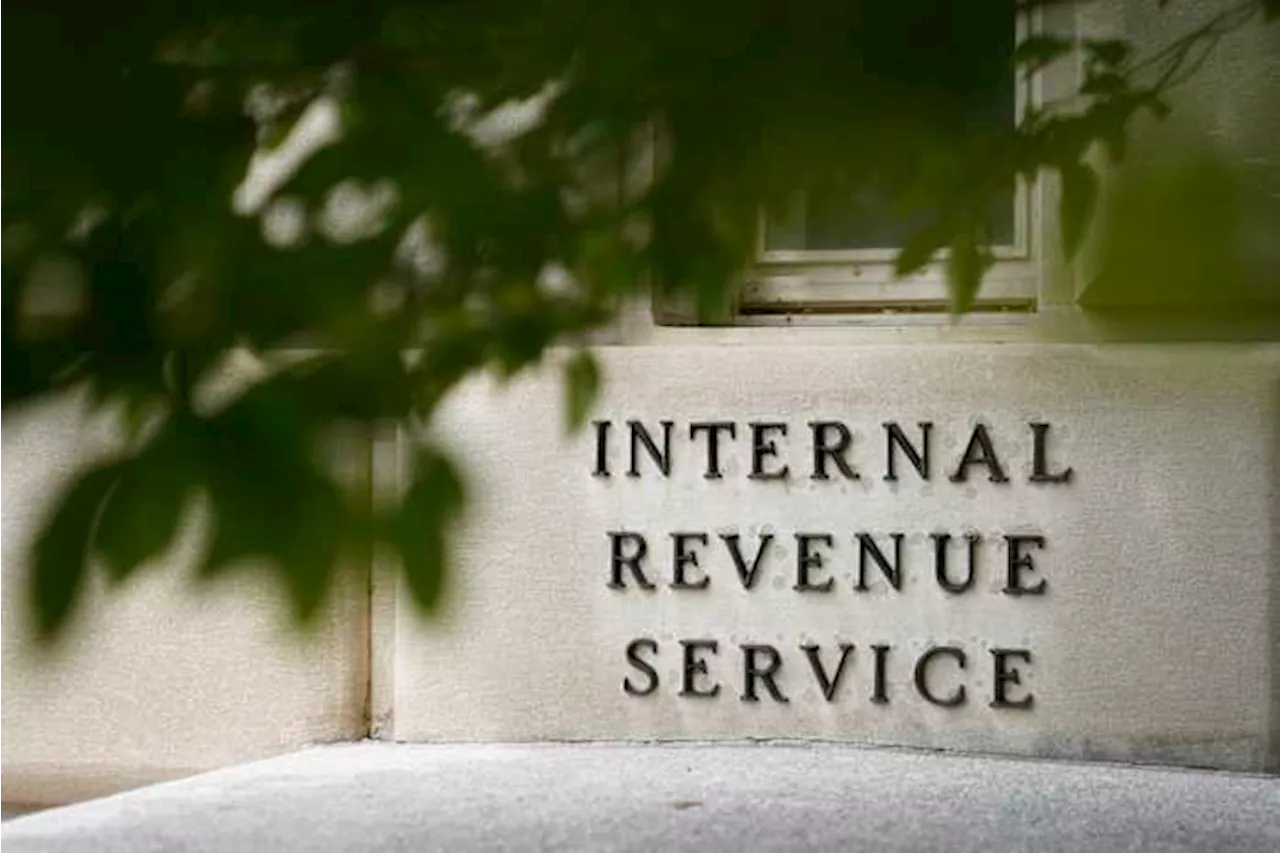The IRS has begun processing tax returns for the 2025 filing season. Most refunds will be issued within 21 days of filing, but those claiming the Earned Income Tax Credit or Additional Child Tax Credit may experience a delay until early March. 25 states now participate in the IRS's free online filing program, Direct File, which helps taxpayers file electronically at no charge. The program has expanded, offering online guidance and support.
If the IRS owes you a tax refund, it should come within 3 weeks of filing. And in a change, 25 states are now participating in the IRS 's free online filing program.
The IRS says it processed 11.7 million tax returns in the first week of the 2025 filing season. Here, carts loaded with documents are seen at an IRS processing facility in Austin, Texas, last September.The IRS started accepting tax returns on Jan. 27 — and by the April 15 federal deadline, the agency expects to receive more than 140 million individual tax returns.
When the current filing season began,"the IRS was coming in in a strong position. That's good for taxpayers," Janet Holtzblatt, a senior fellow at the Urban-Brookings Tax Policy Center, tells NPR, citing the agency's recent investments in customer service.If you're about to file, or have already done so, you can track the progress of your return for tax year 2024 online.
But if you filed early and are looking for refunds related to two situations — the Earned Income Tax Credit and the Additional Child Tax Credit — you might have to wait a bit longer. That's because the IRS can only issue those refundsThe delay"was an effort to prevent, or to limit, identity fraud," Holtzblatt tells NPR.
IRS TAX REFUNDS FREE FILING DIRECT DEPOSIT TAX CREDITS
United States Latest News, United States Headlines
Similar News:You can also read news stories similar to this one that we have collected from other news sources.
 IRS and CASST Implement New Measures to Combat Fuel Tax Credit FraudThe IRS and the Coalition of Scam and Scheme Threats (CASST) have introduced new safeguards to protect taxpayers from fuel tax credit fraud. The changes include a new form requiring taxpayers to provide detailed information about their eligibility for the credit, aiming to reduce misuse and ensure accurate filings.
IRS and CASST Implement New Measures to Combat Fuel Tax Credit FraudThe IRS and the Coalition of Scam and Scheme Threats (CASST) have introduced new safeguards to protect taxpayers from fuel tax credit fraud. The changes include a new form requiring taxpayers to provide detailed information about their eligibility for the credit, aiming to reduce misuse and ensure accurate filings.
Read more »
 IRS urges taxpayers to ‘get a closer look’ at overlooked tax creditThere's a credit available to eligible taxpayers that may be useful to them.
IRS urges taxpayers to ‘get a closer look’ at overlooked tax creditThere's a credit available to eligible taxpayers that may be useful to them.
Read more »
 IRS Prepares for Busy Tax Season Amid Workforce RestructuringThe Internal Revenue Service (IRS) is gearing up for the 2025 tax season, anticipating a high volume of filings. However, the agency is simultaneously implementing a program to reduce its workforce, raising questions about its capacity to handle the influx of tax returns. Taxpayers are encouraged to file electronically for quicker refunds and utilize the IRS's online tool to track their refund status. Information on eligibility for tax credits like the Earned Income Tax Credit and Child Tax Credit is also provided.
IRS Prepares for Busy Tax Season Amid Workforce RestructuringThe Internal Revenue Service (IRS) is gearing up for the 2025 tax season, anticipating a high volume of filings. However, the agency is simultaneously implementing a program to reduce its workforce, raising questions about its capacity to handle the influx of tax returns. Taxpayers are encouraged to file electronically for quicker refunds and utilize the IRS's online tool to track their refund status. Information on eligibility for tax credits like the Earned Income Tax Credit and Child Tax Credit is also provided.
Read more »
 Boosted child tax credit excluded from White House list of tax prioritiesPolitical News and Conservative Analysis About Congress, the President, and the Federal Government
Boosted child tax credit excluded from White House list of tax prioritiesPolitical News and Conservative Analysis About Congress, the President, and the Federal Government
Read more »
 Two New Bills Would Kill The EV Tax Credit, Slap $1,000 Tax On EV PurchasesToday on Critical Materials: Feds introduce two new controversial EV bills, Honda-Nissan merger is officially dead, and Foxconn is here to pick up the scraps.
Two New Bills Would Kill The EV Tax Credit, Slap $1,000 Tax On EV PurchasesToday on Critical Materials: Feds introduce two new controversial EV bills, Honda-Nissan merger is officially dead, and Foxconn is here to pick up the scraps.
Read more »
 GOP Lawmaker Proposes Expanding Child Tax CreditRep. Blake Moore (R-UT) has introduced the Family First Act, a bill that aims to increase the child tax credit and provide economic incentives for families. The bill proposes raising the credit amount to $4,200 for children under 5 and $3,000 for children aged 6 to 17, while also creating a $2,800 tax credit for pregnant mothers. Moore argues that strengthening families is crucial for a thriving society and hopes the expanded credit will incentivize family formation. The bill's cost would be offset by various measures, including consolidating and simplifying the earned income tax credit.
GOP Lawmaker Proposes Expanding Child Tax CreditRep. Blake Moore (R-UT) has introduced the Family First Act, a bill that aims to increase the child tax credit and provide economic incentives for families. The bill proposes raising the credit amount to $4,200 for children under 5 and $3,000 for children aged 6 to 17, while also creating a $2,800 tax credit for pregnant mothers. Moore argues that strengthening families is crucial for a thriving society and hopes the expanded credit will incentivize family formation. The bill's cost would be offset by various measures, including consolidating and simplifying the earned income tax credit.
Read more »
